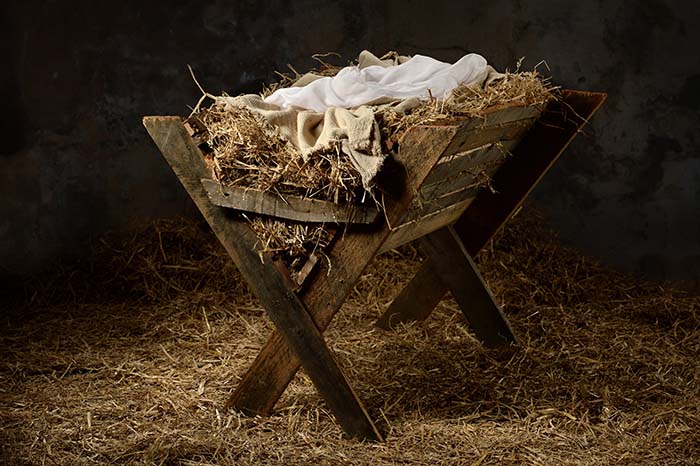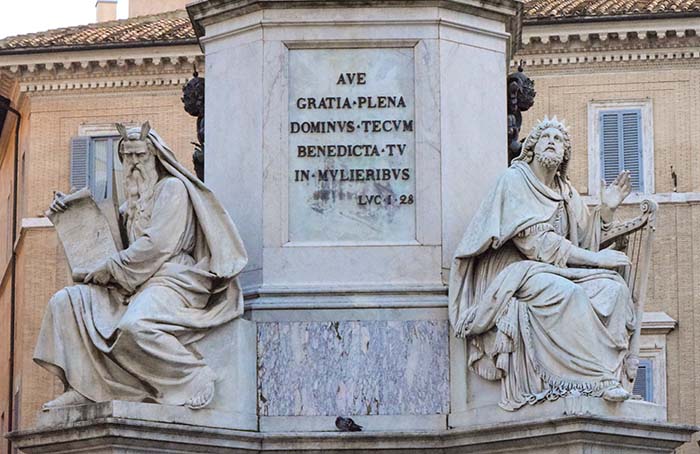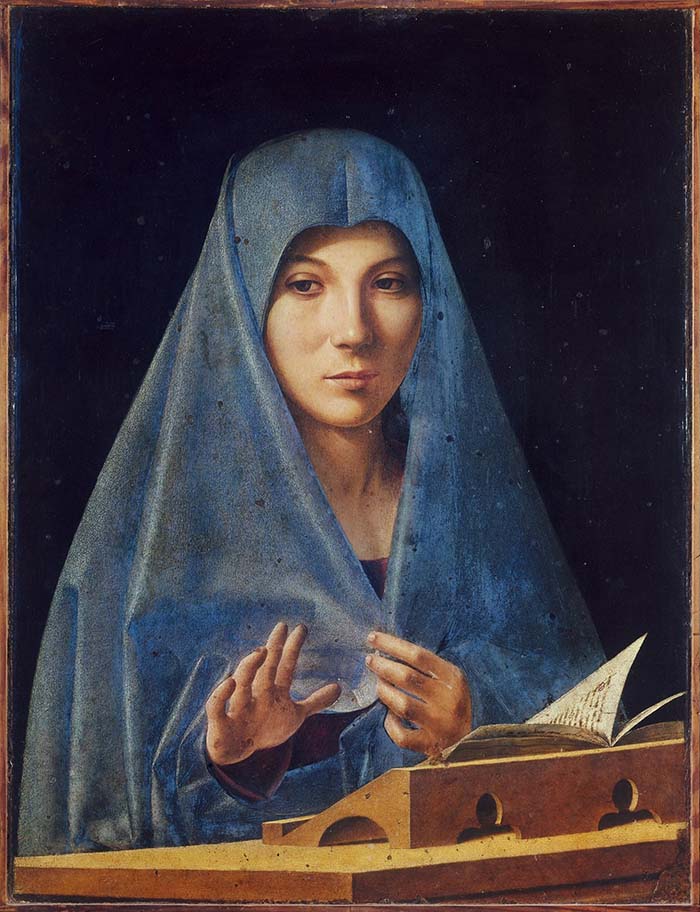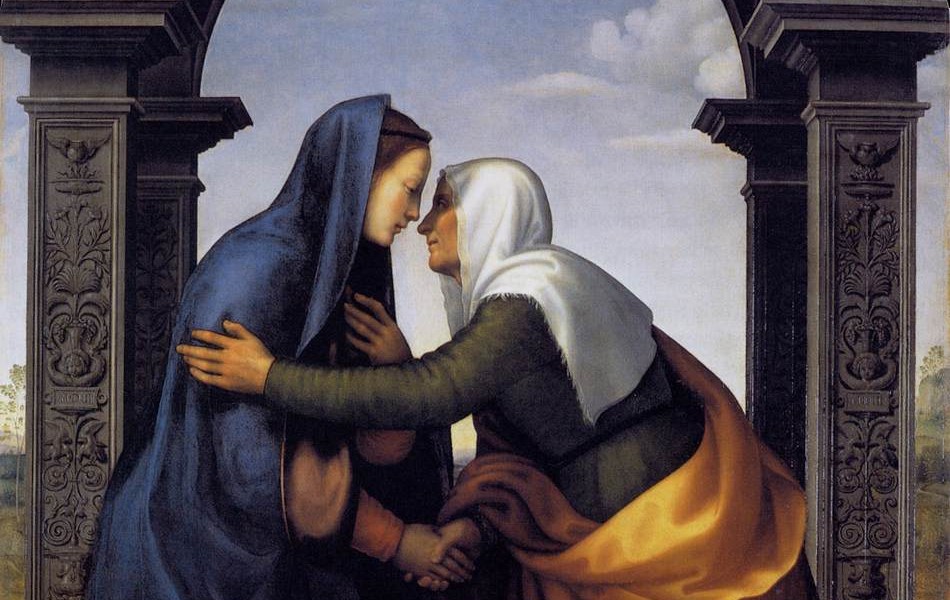
Each year, on the 1st Sunday of Advent, the Church heralds the start of a new year. A new year is often a time of ‘resolutions’, ‘new start’ or even renewal. The Church’s year is no different! As the Lord prepared Israel for the coming of the Messiah over the course of 4,000 years, it stands to reason that the Church prepare for His coming through the season of Advent. Advent or Adventus means ‘coming’ and over four weeks we celebrate a mini-Lent as a time of preparation for the coming of the Lord. The liturgy of Advent strikes a sombre tone along with the purple vestments of the priest, Advent hymns that sing of the longing for the Messiah and we await Midnight Mass of Christmas to sing the Gloria once more with the angels who proclaim the Lord’s birth.

This time is vital for our spiritual lives because the Lord’s coming brings us manifold graces that we each receive in relation to the disposition of our hearts.
Peter of Blois, in his third sermon de Adventu wrote, “There are three comings of Our Lord; the first in the flesh; the second in the soul and the third at Judgement.” Therefore, it is important to prepare at Christmas. The Church never ceases to present and honour Our Blessed Mother as a model for Christians and, since she prepared perfectly for that first coming of her Son in the flesh, it stands to reason that she can also guide our preparations for the coming of Christ in the intimacy of our souls at Christmas.
Our Lady’s example teaches us four main ways to prepare for the coming of Christ.
Meditate on the word of God.
One of the details revealed by St Luke about Our Lady’s response to the revelation of her Son’s Incarnation, was the fact that she, “kept all these things, reflecting on them in her heart” (Lk 2:19). In other words, she meditated upon the Word of God. Meditating on the daily readings at Mass during Advent will reveal the ways that God prepared His people for the coming of His Son and the promises He fulfilled in making this great gift to mankind. Then, by Christmas, we will be able to say with the first Apostles, “we have found Him who the Prophets foretold.” (Jn 1:45)

Prayer.
Returning once more to the phrase in the scriptures that Our Lady, “reflected on them in her heart” (Lk 2:19) we find that St Luke reveals another aspect of Our Lady’s preparation for the coming of her Son… her prayer. The Biblical sense of the heart is that it is the centre of a person, the place where one converses with God or, in other words, the place of deep prayer. (cfr CCC 2563) Our Lady was able to discern and follow God’s will because she was totally open to God and spoke to Him in the intimacy of her heart allowing Him to guide her path. In fact, we are told that after the Annunciation, “the angel departed from her.” (Lk 1:38). Our Lady did not have the presence of the angel to help her prepare for her Son’s birth
or even to face the difficulties that her pregnancy would present to St Joseph, rather, she had to be guided by prayerfully trusting in God’s Word. Our Lady’s example shows that she took strength from the Word of God and was guided by her prayer as she faced the difficulties preparing for the coming of her Son.
Indeed, the Virgin of Revelation, who appeared at Tre Fontane, Rome in 1947, is an icon of the importance of prayerful meditation on the Sacred Scriptures because she appeared holding the Bible to her heart and so teaches us to do the same.
Holiness.
Our Lady is the model of holiness. In the liturgy we are reminded that, “by the Immaculate Conception of the Virgin Mary [God] prepared a worthy dwelling place for His Son”. Our Lady was perfect, without the stain of sin and so able to receive the gift of Christ her Son. Unlike Our Lady, we cannot yet offer God our perfection but only our journey towards it as we try to imitate the example of Our Blessed Mother. We make this journey towards holiness by removing all those things in our lives that separate us from God and by accepting those gentle inspirations from the Holy Spirit that we hear in our hearts. Advent is a blessed time for approaching the Sacrament of Reconciliation as Jesus came to “save his people from their sins” (Lk 1:21). Indeed, by humbly asking for forgiveness we render glory to God whose greatest attribute is His Divine Mercy. A humble heart that loves God is like the stable at Bethlehem: a fitting dwelling place for the baby Jesus to rest.

Helping others
Our Lady’s final lesson was the way she went ‘with haste’ (Lk 1:39) to help her cousin Elisabeth. Our Lady brought twofold graces to her cousin. Firstly, she brought the Lord to her cousin who perceived the fact that she had become, ‘the Mother of my Lord’. (Lk 1:43) Secondly, she helped Elisabeth with her practical needs as she too prepared for the birth of her child. Christians, inspired by the Gospel, can bring Christ to the world just by helping others in a generous way and so help prepare others to feel the love of Christ born at Christmas in their lives. During Advent, let us too, ‘go with haste’ to help those in need.
Let us ask our Blessed Mother to help us make our ‘new years resolution’ to prepare our souls to welcome Christ at Christmas time. May the Virgin of Revelation be an icon that inspires us to cherish the ‘Word made Flesh’ (Jn 1:14) and to learn how to draw on the ‘font of the Gospel’ to lead us to Christ.
Have a blessed advent!
God Bless Us
And the Virgin Protect Us
The Missionaries of Divine Revelation
